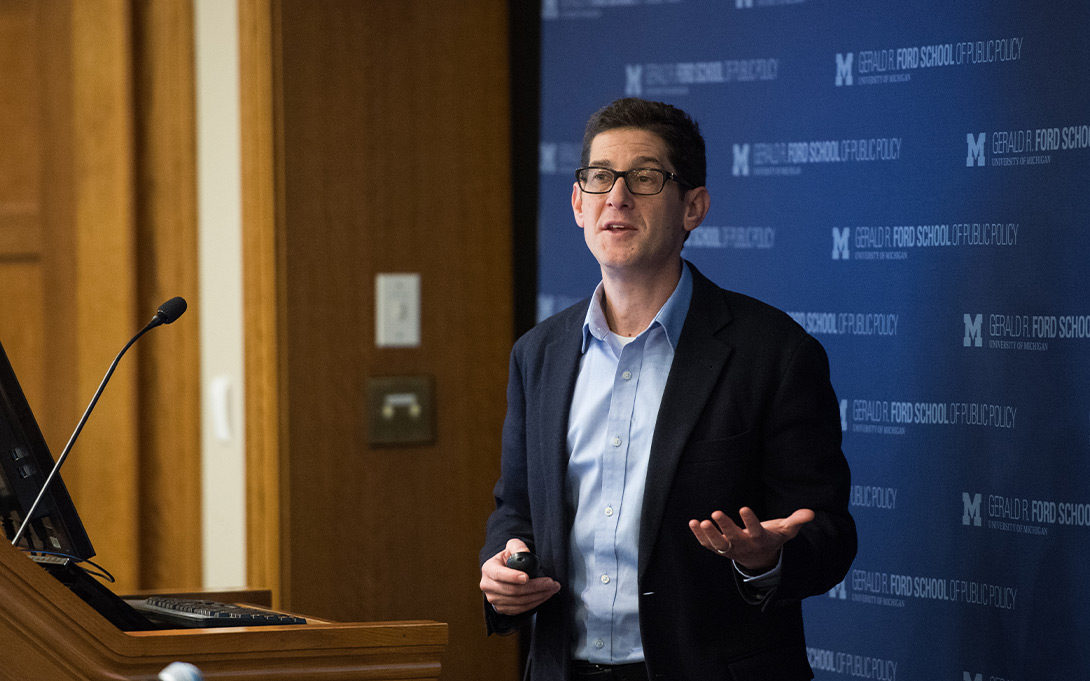
By the fall of 2022, children across the country returned to what seemed like “normal” school: students and educators returned to classrooms and masks began to disappear. While schools seemed to be going back to what they were before the pandemic, did K-12 education ever fully recover from the effects of COVID-19?
A new study led by Brian Jacob, Walter H. Annenberg Professor of Education Policy at the Ford School, highlights ways in which the COVID-19 pandemic transformed K-12 education in fundamental ways.
The study involved interviews with teachers, school leaders, and district administrators from 12 districts in two states, followed by a national survey of veteran educators conducted in May 2023. The findings indicate that the pandemic has indelibly reshaped the educational landscape, presenting new opportunities and challenges for students, educators, and policymakers.
Key findings:
- Accelerated adoption of technology - The rapid switch to remote learning forced schools to fully embrace Learning Management Systems (LMS), Zoom, and other educational software. Surveys have shown that these platforms aren’t going anywhere, proving popular among parents, students, and teachers alike.
- Evolving instructional practices - The pandemic's impact on student learning was significant, with reading and math scores dropping and the achievement gap between advantaged and disadvantaged students widening. Schools have responded by adopting new schedules and programs, such as "What I need" (WIN) or "Power" blocks, to address diverse learning needs. Teachers report a greater emphasis on small-group instruction and personalized learning, often utilizing educational software to tailor instruction to individual student needs.
- Social-emotional learning has become a focal point - With nearly 40% of teachers reporting many more students struggling with depression and anxiety than before the COVID-19 pandemic, schools responded by investing in student support and providing greater flexibility.
- Transformed parent-teacher communication - Roughly half of the teachers surveyed conduct a substantial fraction of parent-teacher conferences online, and many find that this has increased overall parent participation.
While pandemic-driven changes have the potential to enhance learning, Jacob acknowledges potential risks to child development. Overreliance on technology has the power to harm fine motor skills, reduce student engagement, and be less effective than traditional methods.
He notes the pandemic has provided educators with a unique opportunity to rethink K-12 education – allowing for more flexibility and making use of new technology – but changes to the system require continuous evaluation and thoughtful policymaking to ensure they positively impact learning and address the evolving needs of students and teachers.
>> Read “Rewiring the classroom: How the COVID-19 pandemic transformed K-12 education” published by Brookings

